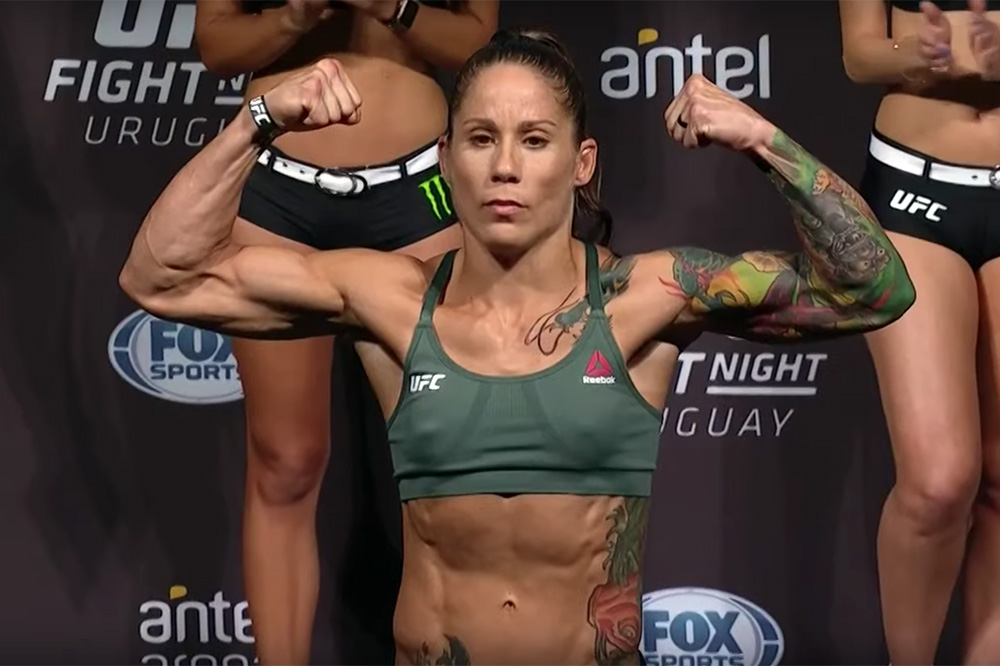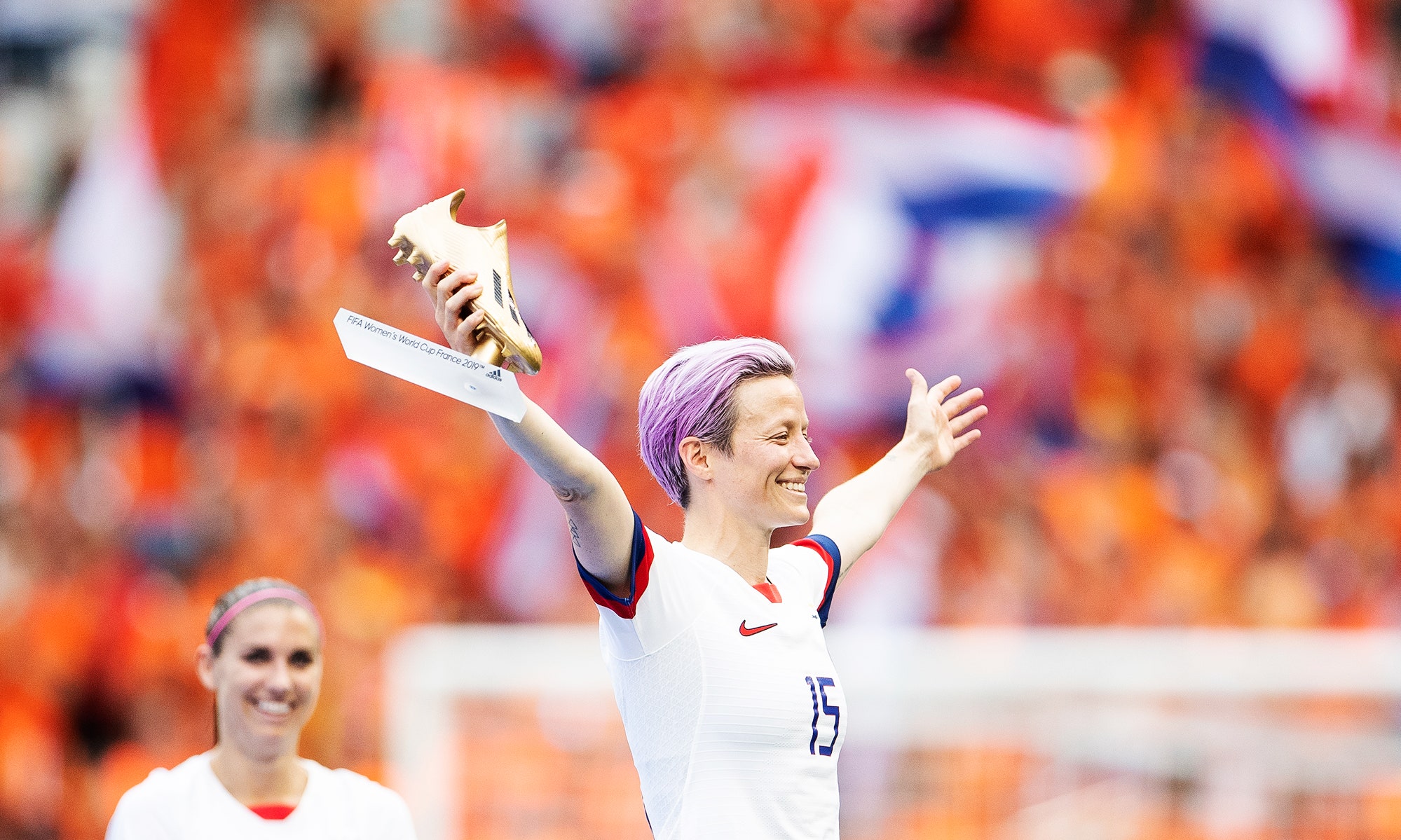
Equal pay for equal playing is a good idea. However, this concept only works if both sexes have equal opportunities in sport. For centuries, the sport of tennis has been dominated primarily by men. In basketball and tennis, women have never had the same opportunities historically. A 60-meter race is another area in which women have not been given the same opportunities. There are two reasons for this, biology and scheduling.
Women's national soccer team fights for equal pay
A lawsuit brought by the women's national soccer team in the United States has been dismissed, based on the USSF's argument that it did not discriminate against women. USSF had argued women were more likely play than men and therefore were entitled to the exact same pay structure. The USSF argued that women were more likely to play than men and therefore should be paid the same amount as the men. However, the women's National Team rejected this argument.
The women's soccer team was vocal in its advocacy for equal pay and equal playing. Fans of the team chant "equal pay" at every professional game, and the team has also testified before the House Oversight Committee, pointing out how much longer women must work to earn equal pay as men.

A case study analysis of USWNT's fight against equality
An analysis of the USWNT fight against equal pay focuses on the players' experiences. The USWNT has a long history of being undervalued and underpaid in sport. The USWNT lawsuit seeks to remedy this inequality, both on and off the field. Players' stories also show the need to increase legislation to close the gender pay gap.
The USWNT was founded by a lawsuit against United States Soccer Federation. Players demanded equal pay for equal playing, a campaign that has been ongoing from 2015. They also sought corporate sponsorship and social media posts in order to promote their cause. The USWNT gained international attention and received public support during and before the World Cup.
The lawsuit has allowed the USWNT to make important strides in defending equality in the game. Megan Rapinoe, Carli and Alex Lloyd, their strong captains have voiced concern about this issue. They have also publicly spoken out about the importance equal pay for sports.
California bill will require equal prize pools when sports competitions are held on public lands.
California's legislature just passed a bill that would require equal prize pools for competitions on state and local lands. Assemblymember Tasha B. Horvath drafted this new law. She recognized the need to close the gender pay gap in sport. She argued that competition venues are athletes' workplaces so that men and woman should receive equal prize money.

The bill passed unanimously and was signed into law by Governor Gavin Newsom in September. It applies only to sports competitions held on California state lands and will not affect private events. Examples of such events include professional surfing competitions that take place on state beaches and bicycle races that take place on state roads. Such events require permits.
Additionally, the bill includes provisions that allow for expanded gambling on tribal lands. The legislation, if passed, would allow horse racing tracks and casinos to accept legal sports betting. This would allow Californians with gambling licenses to place wagers on these events.